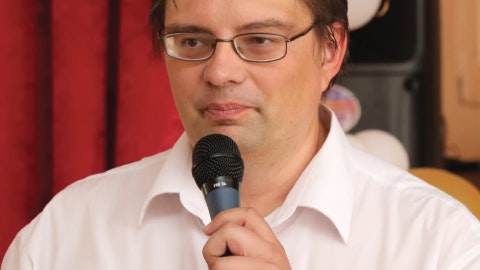Homepage
•
Learning Library
•
Blog
•
Global Focus: Russian educators develop digital competencies based on the ISTE Standards
Expand breadcrumbs
Expand breadcrumbs
- Learning Library
- Blog
- Global Focus: Russian educators develop digital competencies based on the ISTE Standards
- Homepage
- •
- Learning Library
- •
- Blog
- •
- Global Focus: Russian educators develop digital competencies based on the ISTE Standards
Global Focus: Russian educators develop digital competencies based on the ISTE Standards
By Boris Yarmakhov, Ph.D.
March 22, 2019








